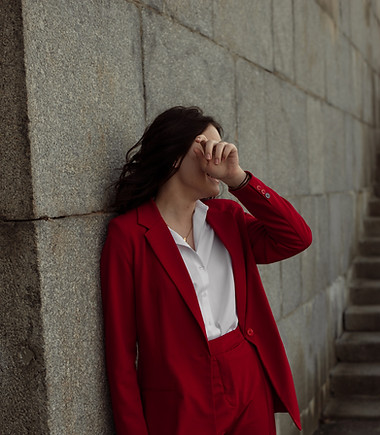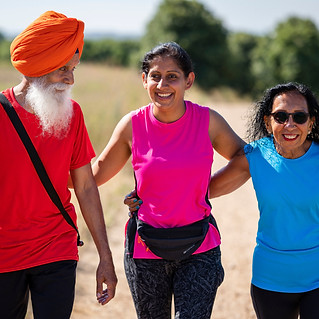
How to use social media well
How to make social media work for you
Many of us use social media and we probably agree that we could all do with spending a bit less time on it. Studies have shown that excessive use of social media can affect our mental health and increase feelings of loneliness and that young people are more likely to be impacted. But like anything, it’s how and why you use it (and how much!)
Don't compare and despair
When you go online, do you find yourself thinking how bad your life is and how great everyone else’s is? How social media makes you feel: is it good or bad? Think about the reasons you go on and if it’s largely negative, think of other outlets and ways to connect instead.
Use social media proactively
Make an active choice to go on to be inspired, entertained or informed. Are there certain groups or communities you’re interested in joining? Use it as a way of connecting with like-minded people, rather than engaging in a meaningless scrolling blur.
Follow feel-good accounts
Curate your social media feed and only follow feel-good accounts. By feel-good, we mean accounts that have a positive effect on you. It could be someone you really admire, someone you find really funny, or someone who is honest about their mental health and it really resonates with you.
Set yourself a social media timetable
Rather than endlessly checking your feed all day, allocate yourself certain times and stick to them. For example, it could be fifteen minutes in the morning and evening. The time of day is also important – rather than checking your social feed when you wake up, engage with your own day first before you look at someone else’s!
Don't use it as a substituent for company
If you’re feeling lonely don’t automatically turn to social media as it may make you feel even worse. Instead call or talk to a friend, partner or family member, or make plans to see them instead.
Don't compare someone's outsides with your insides
Remember, what we post on social media can be very different to what is really happening in real life. Someone’s life might look great but they might have posted it because they are feeling lonely themselves, or they wanted attention or validation for another reason. So remember that next time you go on social media – don’t believe everything you see.
References
-
BBC Loneliness Experiment: ‘Why 16-24 are the loneliest group’
-
Sherri Turkle Why We Expect More from Technology and Less From Each Other, Basic Books, 2017
.png)



.jpg)